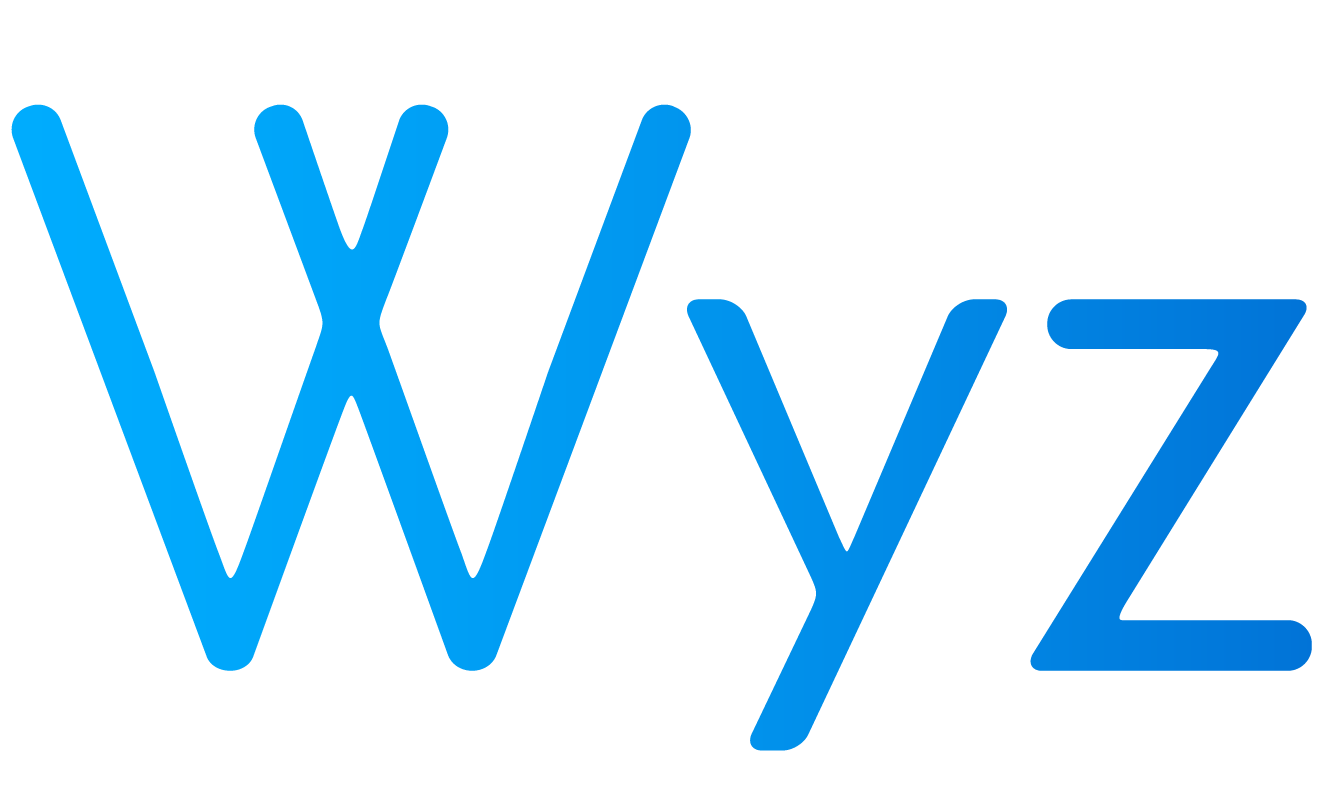
Algorithms. AI Driven. Future Ready SaaS & PaaS
COBOL, SAS to Python - Legacy Code Conversion

COBOL SAS to
Python - Legacy
Code Conversion

COBOL SAS
to Python -
Legacy Code
Conversion
Algorithms. AI Driven. Future Ready SaaS & PaaS
COBOL, SAS to Python - Legacy Code Conversion
In today’s fast-paced digital world, organizations must modernize their systems to stay competitive, enhance operational efficiency, and meet ever-evolving technological and regulatory demands. At Wyz Cloud Infotech, we specialize in legacy code conversion solutions, helping organizations transition from older programming languages such as COBOL and SAS to modern, versatile, and scalable languages like Python.
This transformation not only revitalizes IT ecosystems but also positions businesses for future innovation, including advanced analytics, machine learning, and cloud-native operations.
The Need for Legacy Code Conversion
Legacy systems like COBOL and SAS have served organizations reliably for decades. COBOL powers critical financial, insurance, and government systems, while SAS has been a mainstay for statistical analysis in industries like healthcare and finance. However, these systems present significant challenges:
Skill Shortages: With fewer developers specializing in COBOL and SAS, maintaining legacy systems becomes increasingly difficult and costly.
Scalability Limitations: Legacy systems struggle to scale efficiently in the age of cloud computing and big data.
High Operational Costs: Older infrastructure is expensive to maintain and often incompatible with modern technologies.
Innovation Barriers: Legacy systems lack the flexibility needed to integrate advanced analytics, AI, or machine learning capabilities.
Regulatory Risks: Compliance standards like GDPR and HIPAA demand robust, auditable systems, which legacy environments may not adequately support.
By transitioning to Python, organizations unlock access to a thriving ecosystem of tools, libraries, and frameworks that enhance functionality, scalability, and maintainability.
Our Legacy Code Conversion Approach
At Wyz Cloud Infotech, we follow a structured, comprehensive methodology for legacy code conversion, ensuring minimal disruption, risk mitigation, and a seamless transition to modern systems. Our process involves:
Skill Shortages: With fewer developers specializing in COBOL and SAS, maintaining legacy systems becomes increasingly difficult and costly.
Comprehensive System Analysis
We begin with a thorough assessment of your legacy system to understand its functionality, dependencies, and business impact. This phase includes:
• Codebase Audit: Analyzing the existing COBOL or SAS code for structure, logic, and complexity.
• Data Mapping: Identifying data inputs, outputs, and transformations to ensure consistency post-conversion.
• Performance Metrics: Evaluating the system’s current performance to set benchmarks for the new Python-based solution.
Architecture Redesign
Legacy systems often rely on monolithic architectures that hinder scalability. During the transition, we redesign the architecture to align with modern microservices or cloud-native paradigms, enabling:
• Enhanced Scalability: Modular systems that grow with your business needs.
• Seamless Integration: Compatibility with APIs, modern databases, and analytics tools.
Automated Code Conversion
To streamline the migration, we utilize proprietary tools and frameworks for automated code conversion. This ensures:
• Accuracy: Reduces manual errors in translating complex logic.
• Efficiency: Accelerates the conversion process.
• Standardization: Ensures the new Python code adheres to best practices, such as PEP 8 guidelines.
For example:
• COBOL’s procedural logic is mapped to Python’s object-oriented design, enabling modularity.
• SAS’s data analysis workflows are reimplemented using Python libraries like Pandas, NumPy, and SciPy.
Manual Optimization
Post-automation, our experts manually optimize the converted code to:
• Improve performance and readability.
• Leverage Python’s advanced libraries for tasks like data analysis (Pandas, Matplotlib) and machine learning (TensorFlow, Scikit-learn).
• Refactor outdated algorithms to meet modern efficiency standards.
Data Migration and Validation
Data integrity is crucial during the transition. We migrate datasets from legacy formats to modern relational or non-relational databases, ensuring:
• Seamless Compatibility: Aligning with tools like PostgreSQL, MongoDB, or cloud storage solutions.
• Data Accuracy: Rigorous validation to prevent loss or corruption during migration.
Testing and Quality Assurance
We implement rigorous testing protocols to ensure the new system replicates or exceeds the legacy system’s functionality:
• Unit Testing: Validating individual code components.
• Integration Testing: Ensuring compatibility with existing systems.
• User Acceptance Testing (UAT): Engaging end-users to verify that the new Python-based system meets business requirements.
Deployment and Support
The final Python-based solution is deployed in a phased manner to minimize disruption. Post-deployment, we offer:
• 24/7 Support: Ensuring smooth operation during and after the transition.
• Documentation: Comprehensive technical and user documentation to facilitate future maintenance.
Key Features of Python-Based Systems
Enhanced Analytics Capabilities
Python’s rich ecosystem of libraries (NumPy, SciPy, Statsmodels) supports advanced analytics, enabling organizations to perform:
• Predictive modeling.
• Data visualization using Matplotlib and Seaborn.
• Machine learning with Scikit-learn or PyTorch.
Cloud Integration
Python-based systems integrate seamlessly with AWS, Azure, and Google Cloud Platform, enabling cost-effective scalability and real-time data processing.
Improved Development Efficiency
Python’s simplicity, coupled with its extensive community support, accelerates development cycles and reduces long-term maintenance costs.
AI and ML Readiness
• Automate decision-making.
• Develop intelligent recommendation systems.
• Enhance customer experiences with natural language processing tools like spaCy and NLTK.
Regulatory Compliance
Python systems are designed to meet compliance standards such as GDPR, HIPAA, and SOX, ensuring robust data security and auditability.
At Wyz Cloud Infotech, we don’t just modernize systems — we future-proof organizations. Our legacy code conversion solutions enable businesses to embrace innovation while preserving the reliability of their operations. By transitioning from COBOL and SAS to Python, we empower organizations to drive growth, enhance agility, and prepare for the future of technology.

